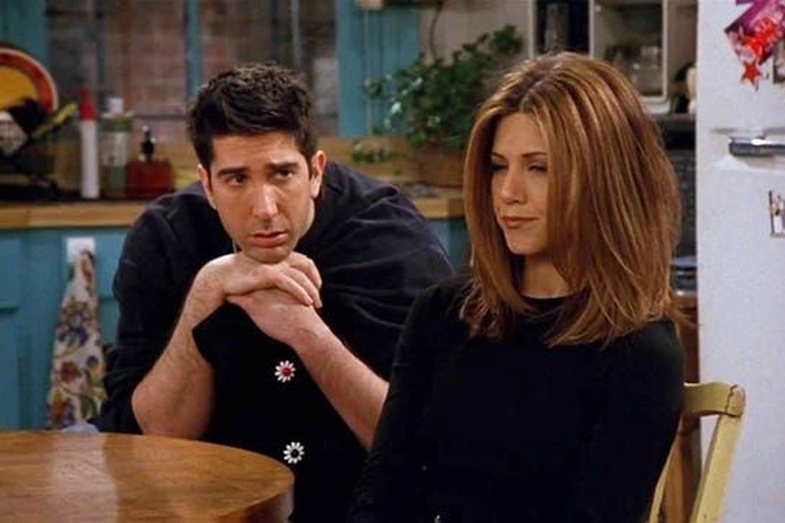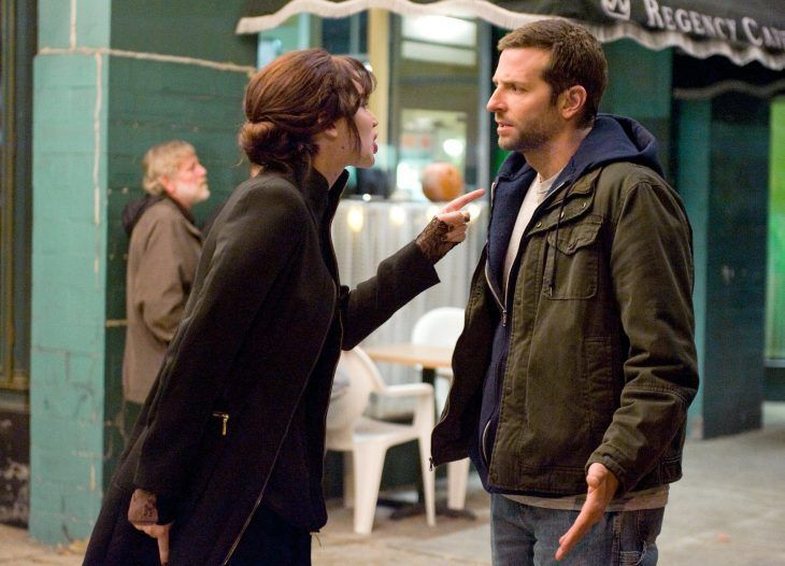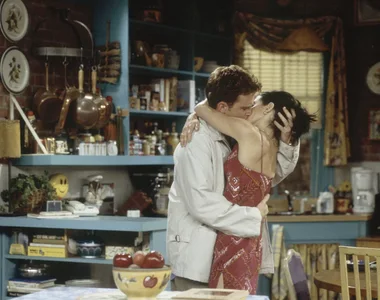
Crises in couples go through everyone, that's for sure. The way it happens and the final result they have depends on both people involved, but you have to be careful to understand if the crisis you are experiencing is momentary, or decisive.
The biggest fear most people in a relationship have is loneliness. "We are social animals and are born in families and raised in groups. Nature has made us always see ourselves as part of a group", emphasizes Dr. Mattia Cis, psychologist and psychotherapist.

There is a stigma that talks about loneliness as a part of character, which is associated with weak people, but in fact it is part of everyone and is connected to our nature, studies say.
This is the main biological reason that also causes the fear of separation or the indecision to leave the partner who does not make you happy. At this point, the first step from which change begins is the realization that the relationship in the couple is not the only source of fulfillment you have in life.
But how do we tell if we are in a relationship that has ended or a temporary crisis?
Despite love and a good relationship, every couple goes through certain phases that cause problems and crises. The key to managing any problem is to build a bridge of communication that does not fail and will always transcend these crises.
Remember that the "couple happily ever after" does not exist, nor is it an example to follow.

If, in trying to resolve the crisis you're having, you realize the relationship isn't doing any good for either of you, the breakup alarm goes off.

Whereas if your relationship has the following characteristics, you should separate as soon as possible:
The couple's relationship is the most important.
Family, things you like and time spent with other people are always the least. You are both obsessed with each other.
If the relationship is one of you's reason for living. This condition is very dangerous and can turn into a very serious problem.
When you start putting the other's needs before your own, the relationship becomes asymmetrical and can end in emotional, psychological and sexual abuse.




